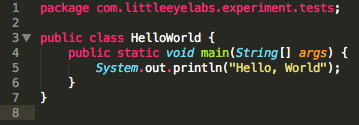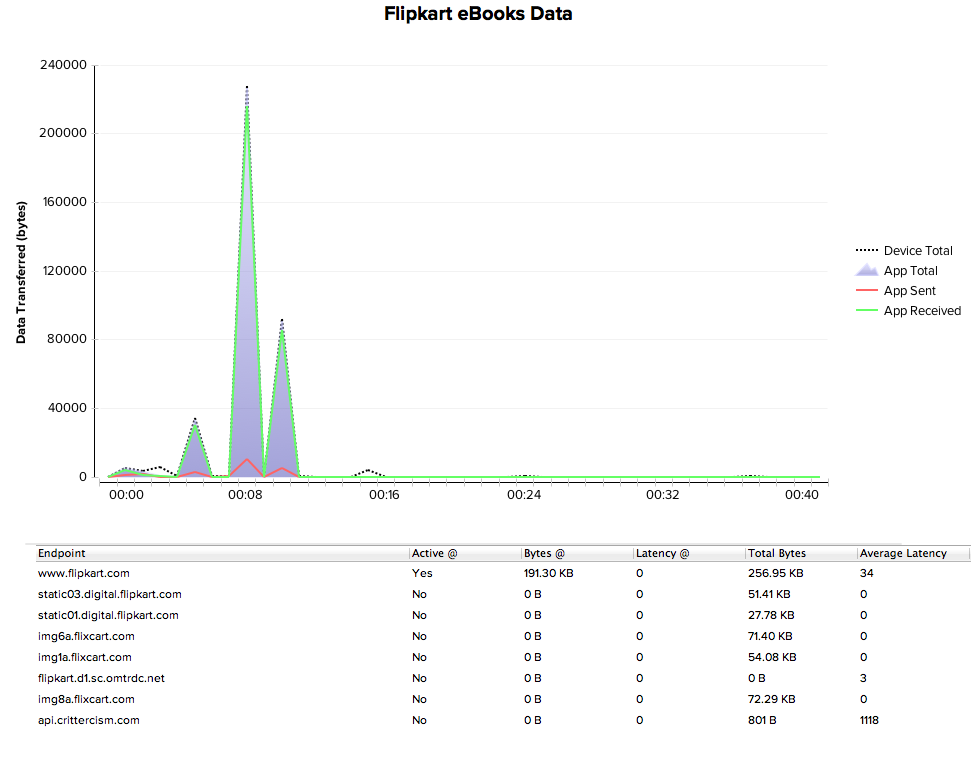Instrumenting android apps: Reverse engineering and injecting code.
Gaurav Lochan
Little Eye Labs
Outline
- Why?
- Instrumentation
- Guts of an android app
- Reverse engineering tools
- Instrumentation options
- Chosen approach
Why?
- Little Eye Measures, Analyzes and helps Optimize app resource usage on Android
- Network usage is just an aggregate number of bytes

Why?
- Need granular Network stats - each endpoint/url, latency, data transferred
- Considered various approaches:
- VPN
- Proxy
- OS stats
- JDWP
- Instrumentation
Instrumentation
Rewriting parts of a binary (in this case, an android app)
- Allows us to intercept http calls, with code-level context on each call
- Works on any released app
- Works on practically any android version / phones
- Opens up a lot of exciting possibilities...
Real reason - Putting my "Instrumentation engineering" degree into practice :-)
Instrumentation (2)
Two modes:
- Static
- Runtime
Examples:
- Android TraceView (android.os.Debug.startMethodTracing)
- Android Instrumentation (android.app.instrumentation)
- iOS instruments
- Purify (rational, now IBM)
- JVM javaAgent
- AspectJ
Guts of an app
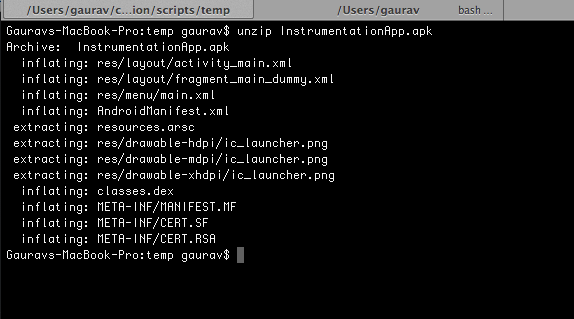
Non-Code
- AndroidManifest.xml
- Resources
- Certificates + Signatures
- Other Assets
Code: classes.dx
- Dex = Dalvik EXecutable format.
- A custom bytecode format for android
- Dalvik is the android VM (and differs from JVM)
Build Process:
- compile .java code into .class files
- dx converts .class files into dex representation.
- All the dex's are then stored in classes.dex
Even any library code (e.g. from jars) goes in this classes.dx
Build Process

Reverse Engineering tools
-
Smali (JesusFreke)
- Dex disassembler - also name of format.
- ApkTool
- Decodes resources, debug binary, repackage app
-
dex2jar
- Converts dex to .class format
- JD-GUI
- Java decompiler - convert .class to .java
- Androguard
- ApkAnalyzer
Smali example
Smali example (2)
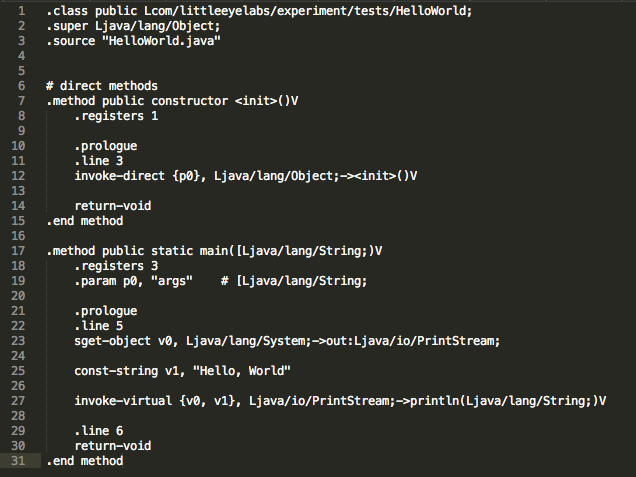
ApkTool
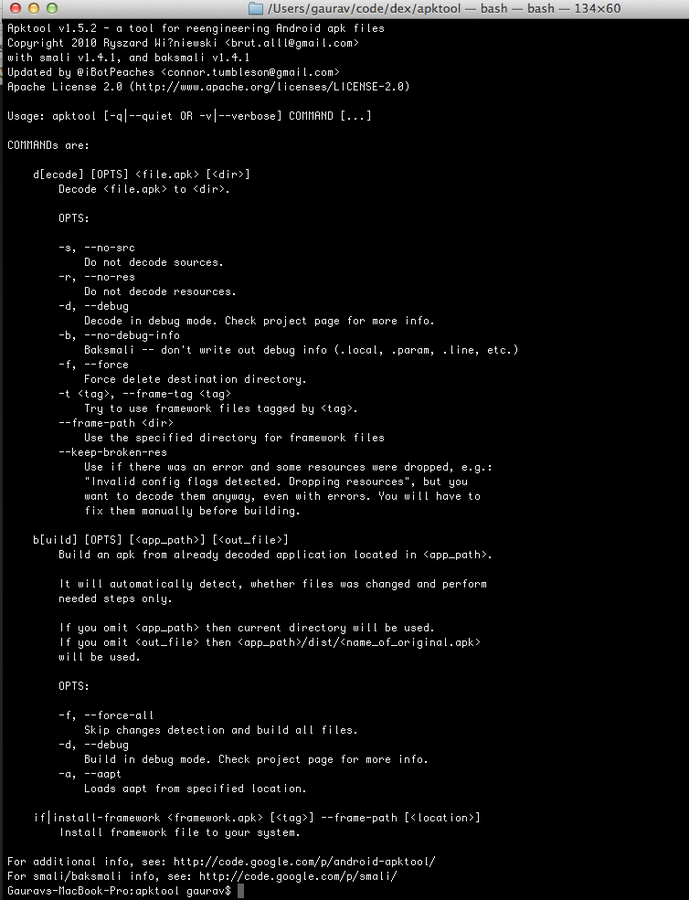
Androguard
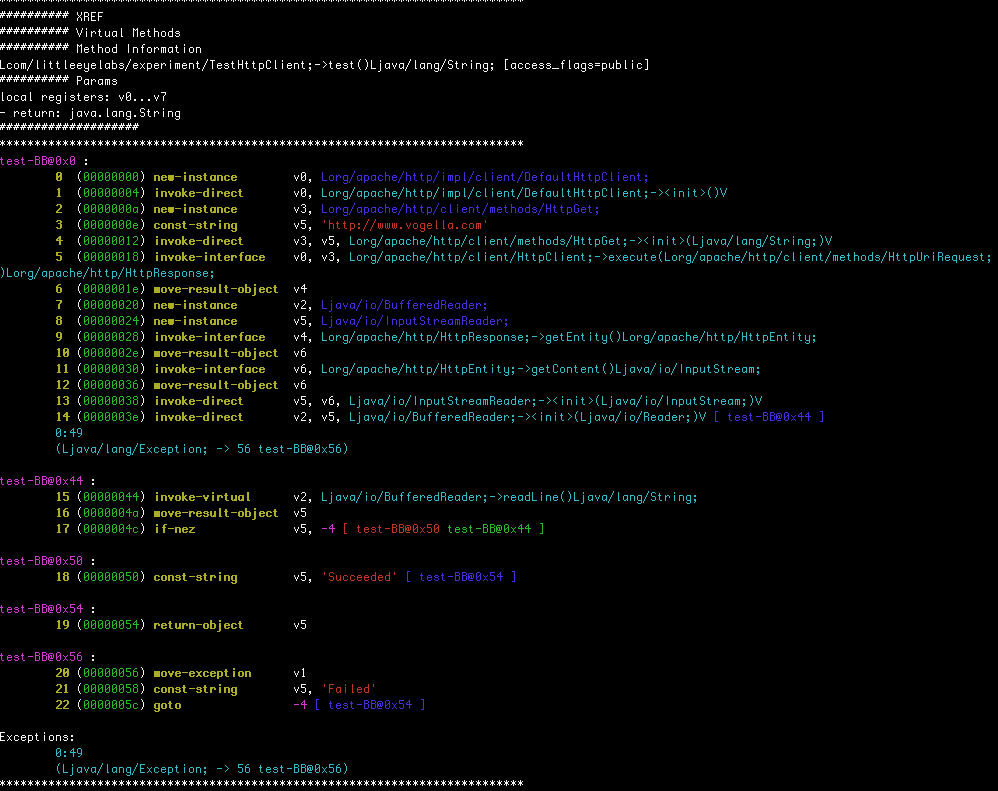
ApkAnalyzer
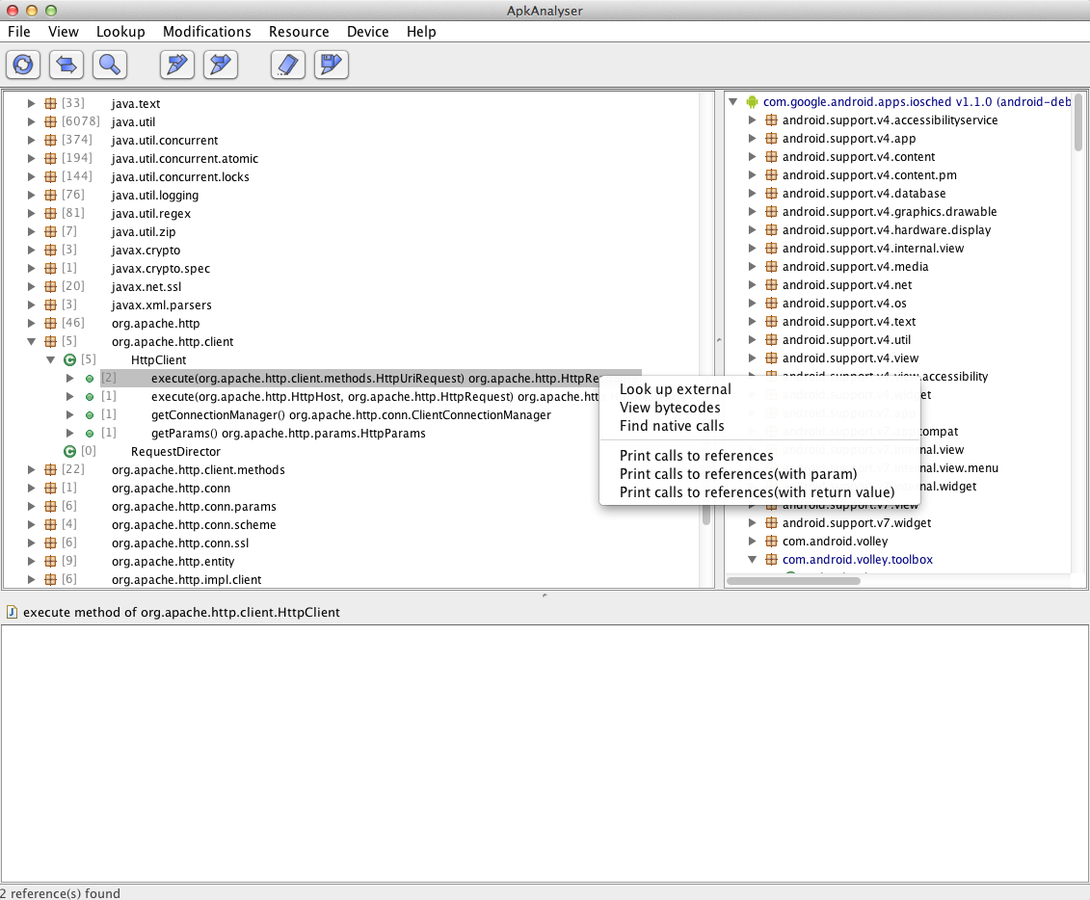
Instrumentation
approaches
1- Runtime instrumentation
A regular JVM allows passing in a java.lang.instrumentation (through the -javaAgent flag) which can transform classes at class-load.
Dalvik doesn't support that.
It supports android.app.Instrumentation, but that has a limited set of methods, more suited for testing
2- Instrument class files
We considered modifying .class files.
-
JavaAssist - instrument JVM bytecode
-
AspectJ
Well-understood tools, but need to be done during build.
Requires a dev process change, plus our users don't always have build-level access (e.g. outsourced QA)
Tried dex2jar to convert .dex into .class, but isn't reliable
3- Instrument dex
- dexpler - research project (.dex -> Jimple)
- redexer - research project (OCaml, Ruby)
- apkil - GSOC project (python, smali)
- dex-tools - part of dex2jar (.dex ->jasmin)
None looked good enough.
Smali
- Simple and popular format (used in ApkTool, ApkAnalyzer and apkil)
- Active project, well supported by JesusFreke (@google)
Disassembled, modified smali code by hand, and re-packaged app, and it just worked!
Instrumenting Smali
Challenges:
-
Need a way to find all the calls in the app to replace
- Need to do it without side-effects (e.g. register count)
Tried many failed/hacky approaches to do this (ask me later), but the Smali author pointed me to MutableMethod.
Figured out a good way to use it (with him) - and planning to clean it up and make the source available.
